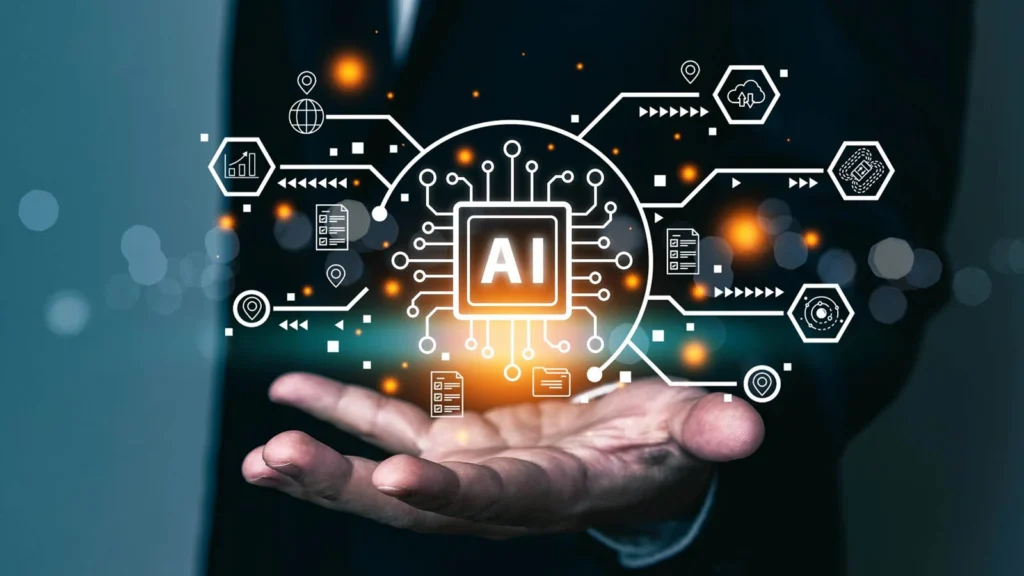AI agents are revolutionizing the technological landscape, bringing unparalleled efficiency and precision to everyday tasks. As 2025 approaches, these digital assistants are poised to become an integral part of both our personal and professional lives. In this article, we explore how AI agents are shaping industries, addressing challenges, and paving the way for a smarter future.
What Are AI Agents and Why Are They Important?
AI agents are advanced forms of artificial intelligence designed to perform specific tasks autonomously. Unlike traditional AI chatbots, agents can execute multi-step processes, such as booking travel, managing schedules, or analyzing financial data, all without requiring constant human input.
Their importance lies in their ability to streamline workflows, enhance productivity, and reduce human error. By integrating with various platforms and applications, AI agents can deliver personalized solutions that cater to individual needs.
From Microsoft to Nvidia: The Rise of AI Agents in 2025
Tech giants like Microsoft and Nvidia are leading the charge in AI agent development. These companies are integrating AI agents into their ecosystems to provide users with more dynamic and responsive tools.
For instance, Microsoft’s Copilot has demonstrated impressive results in improving IT issue resolution and boosting sales productivity. Similarly, Nvidia is focusing on leveraging AI agents to optimize workflows in industries like healthcare, automotive, and gaming.
How AI Agents Are Changing the Workplace
In the professional realm, AI agents are transforming how businesses operate. By automating repetitive tasks, such as data entry and report generation, these tools free up employees to focus on more strategic activities.
Key workplace applications of AI agents include:
- Project Management: Tracking progress, assigning tasks, and setting reminders.
- Customer Service: Resolving queries through natural language processing.
- Data Analysis: Identifying trends and generating insights from complex datasets.
AI Agents and the Evolution of Personal Assistance
On a personal level, AI agents are becoming indispensable in managing daily routines. Whether it’s scheduling appointments, setting reminders, or finding the best deals online, these agents provide convenience and efficiency.
Apple’s upcoming updates to Siri exemplify this trend, offering users capabilities like checking flight statuses and suggesting optimal departure times based on traffic conditions. Google’s Project Mariner is another example, showcasing the potential of AI agents to navigate the web and perform intricate tasks with minimal user intervention.
Challenges and Ethical Considerations
Despite their promise, AI agents come with their own set of challenges. Concerns around data privacy, algorithmic bias, and dependency on technology are at the forefront of discussions. Developers and policymakers must work collaboratively to address these issues and ensure that AI agents are deployed responsibly.
What Lies Ahead for AI Agents?
As AI agents become more sophisticated, their applications will expand into areas like healthcare, education, and smart home technology. The integration of AI agents with the Internet of Things (IoT) will further enhance their capabilities, enabling seamless interactions between devices and users.
Looking ahead, we can expect AI agents to:
- Provide personalized learning experiences in education.
- Assist in remote patient monitoring and healthcare management.
- Optimize energy consumption in smart homes.
The advent of AI agents marks a significant milestone in the evolution of artificial intelligence. By automating complex tasks and delivering tailored solutions, these tools have the potential to redefine how we interact with technology. As we step into 2025, the possibilities for AI agents are virtually limitless, promising a future where convenience, efficiency, and innovation converge.








